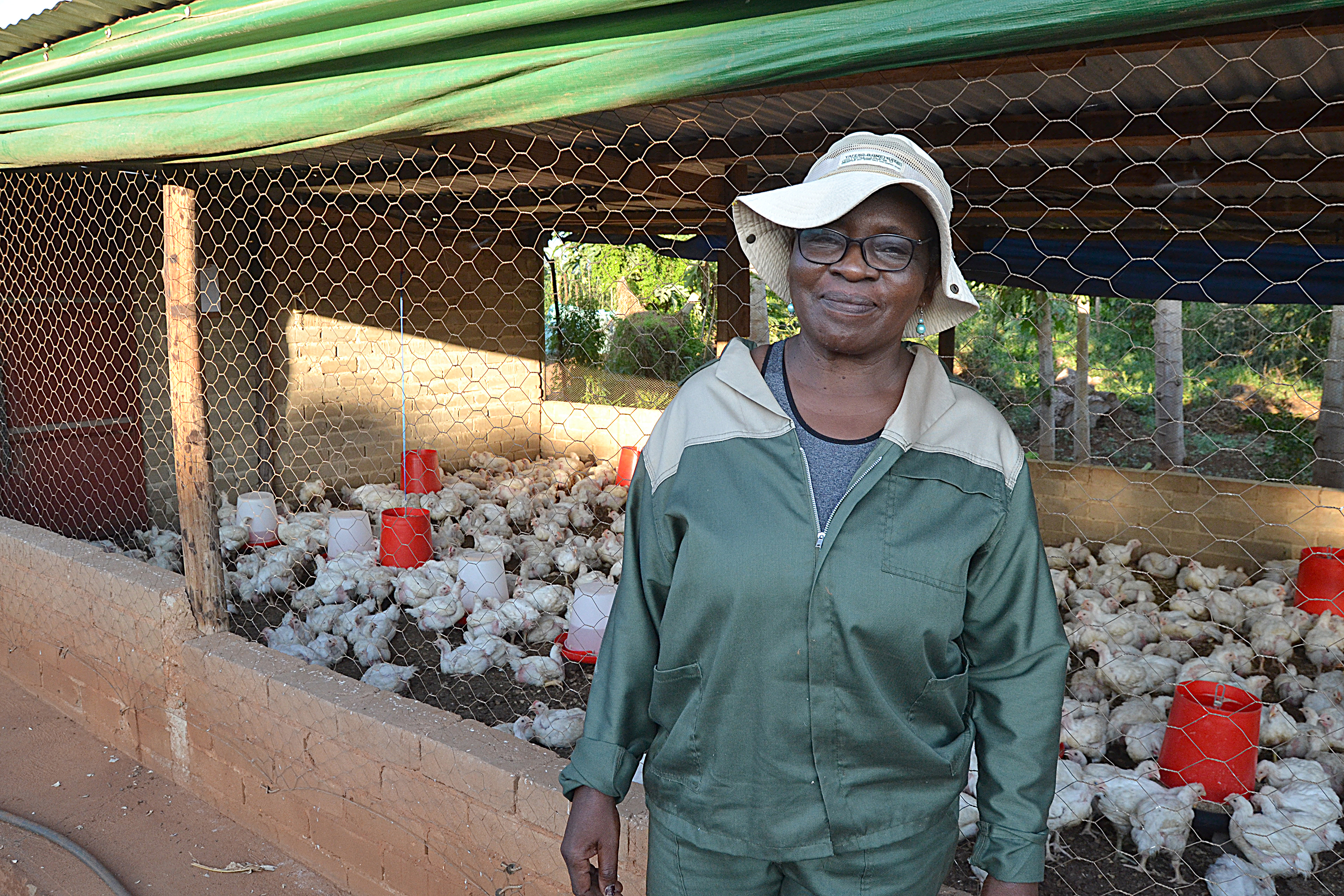
According to the United Nation’s Food and Agriculture Organization’s 2012 projections, by 2020 the world’s population will exceed nine billion and to meet the increased demand, agricultural production will have to grow by 60%.
This demand has turned the spotlight on the agriculture sector.
The landscape of farming has slowly changed in the past decade or two with women broadening their involvement in the sector. Technology is playing a central role in the feminisation of farming in developed countries, a trend that will also alter the landscape locally.
Smallholder farmers, especially women, have a history of being under serviced and face stiff market competition from their commercial counterparts. They are isolated from input and produce markets as well as production information and credit facilities.
Challenges faced by farmers can only be overcome when governments put in place supportive policies, infrastructure and finance.
One of the farmers contributing to the sector is Khensani Mboweni, who is benefitting from the Lima Smallholder Farmer Support Programme. Mboweni is a poultry farmer and retired school principal who joined the programme’s Ga-Sekororo, Limpopo, site in August 2017.
"I started poultry farming as a backyard project in 2009, producing between 200 and 250 chickens. As the time went on, the community needed more chickens, so I built two extra houses for broilers and egg layers. I am currently producing about 3100 chickens. When I retired in 2017 after 40 years as a teacher, I joined the Lima programme. I have received two production loans from Lima, which I have paid off. I am now busy repaying my third loan of R64,000", explains Mboweni, whose husband is an agricultural technician and cattle farmer.
She employs seven people, of which three are permanent, and supplies chickens to a reliable market that includes local residents and tshisa nyamas. The demand is so high she often needs to convince her customers to not take the chickens before they reach maturity.
Business is picking up for this former educator, who has since managed to buy a bakkie with the proceeds of the farm.
Her successful poultry venture has not gone unnoticed by Sekororo’s tribal authority. It has given her permission to occupy (PTO) a bigger piece of land to enable her to grow her business further. About 10 hectares of land has been allocated for Mboweni, less than a kilometre away from where her current farm is located.
"I am currently clearing the bush and fencing the 10 hectares of land. However, I will need financial assistance to build new houses for my chickens. With this new farm, I will triple my capacity. Lima has been helpful and I hope it will assist me with my new phase of growth," she says.
She has taken up a role to mentor other upcoming female poultry farmers. "I noticed their products were not of selling quality and I try to show them how to do things better."
One of Mboweni’s mentees, Christabel Mathebula, has managed to increase her production from 500 to 1500 chicks per batch. Mathebula works with her children and hires casual labour to help with cleaning the chicken houses once a month.